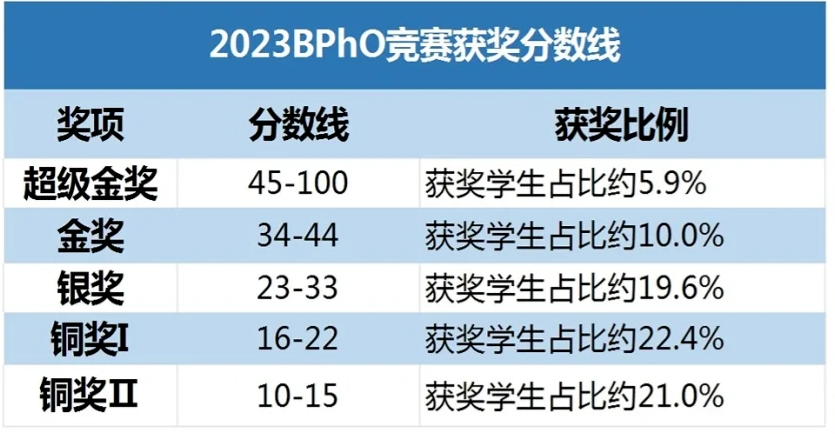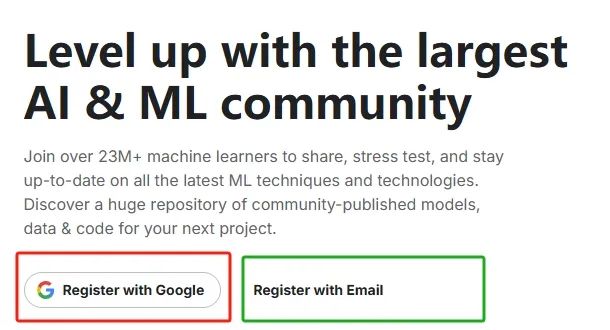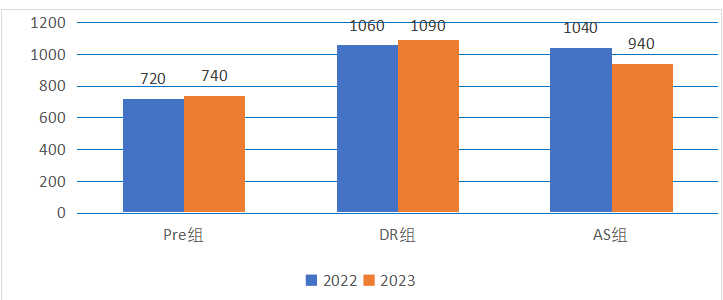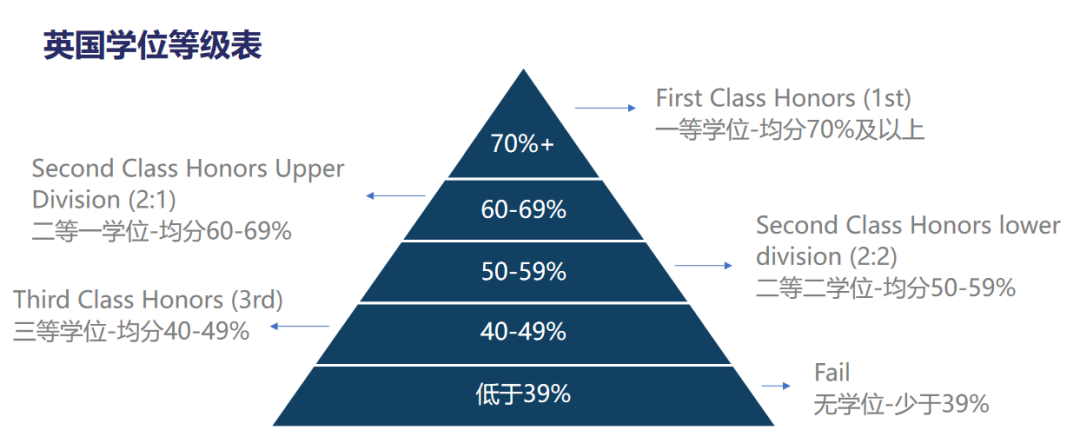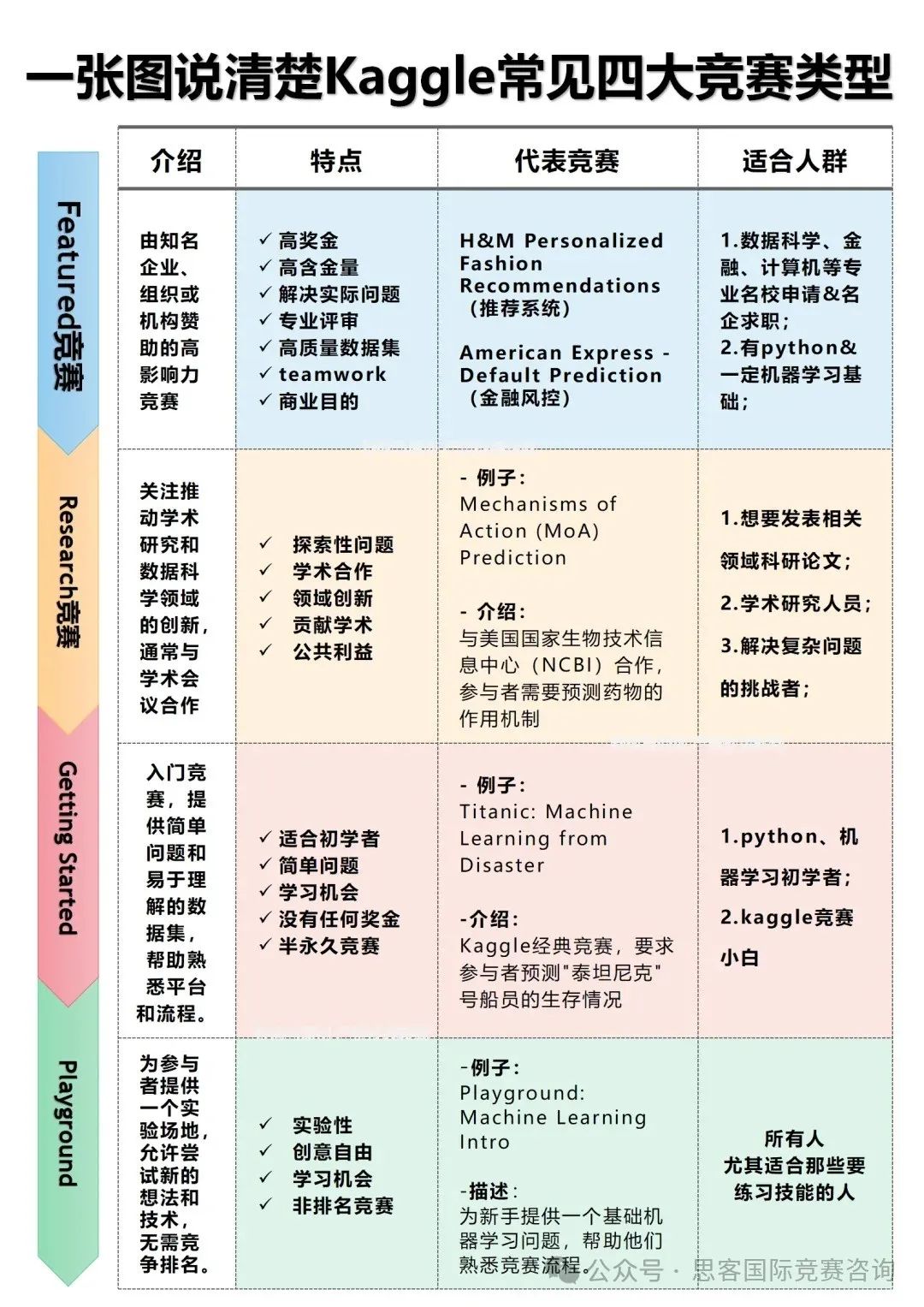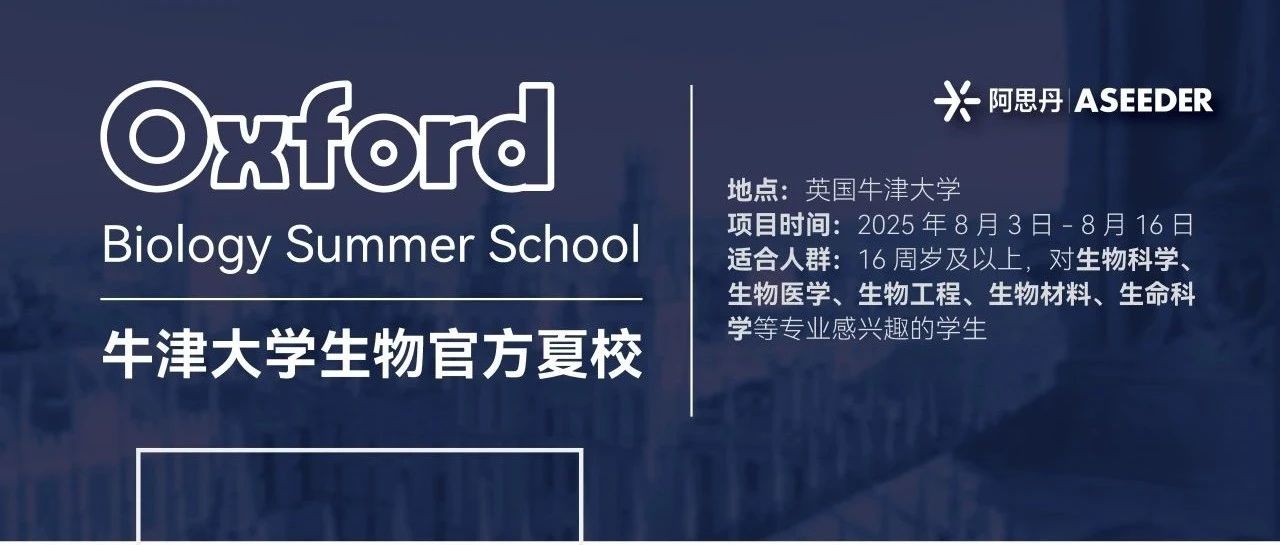文章目录[隐藏]
中文赛题:音乐巡演建模
注意:只有所有成员年龄都小于14岁半的参赛队才能选择问题 C。
泰勒·斯威夫特(Taylor Swift)将在 12 月结束创纪录的 Eras 巡演。整个巡演包括 152 场演出,每场约 3.5 小时。在美国,约有 72,000 名观众出席每场演出,单场收入达 1300 万美元。Eras巡演成为首个收入超过 10 亿美元的巡演。然而,许多粉丝发现买票并非易事,票价高达数千美元且售罄迅速。此外,Taylor Swift 对其团队成员非常慷慨,给予乐队成员、舞者、灯光和音响技术员、餐饮人员、卡车司机和其他工作人员丰厚的奖金。但并非所有音乐人的巡演都如 Eras 巡演般极端。
你是 MidMCM 音乐经纪公司的巡演经理。一位音乐人(可以是 Taylor Swift 这样的个人,或像 iKON 这样的团体)向你寻求帮助,计划其下一次巡演。你的团队需要分析这位音乐人的过往巡演,以建立一个模型,帮助规划下一次巡演。
任务
- 开始:熟悉音乐人及其巡演历史。
- 选择一位有过巡演的音乐人。
- 他们为什么要巡演?
- 巡演持续多长时间?
- 一场巡演包含多少场演出?
- 他们巡演的地点有哪些?
- 研究音乐人一次过去的巡演,确定巡演计划中应考虑的因素:
- 运行单场演出需要考虑哪些因素?
- 计划多场巡演需要考虑哪些因素?
- 成功的巡演有哪些关键因素
- 选择一位有过巡演的音乐人。
- 建立模型:开发一个模型,帮助规划音乐人的巡演。(提醒:您可以对您认为需要但找不到的任何信息进行假设 )。
- 你可以考虑(但不限于)以下方面:
- 演出场次
- 场地选择
- 票价
- 制定一个“最佳”巡演计划,使其达成音乐人的目标,例如:
- 最大化观众人数
- 最大化场地覆盖率
- 最大化利润
- 其他目标?
- 你可以考虑(但不限于)以下方面:
- 应用模型:分析过去并规划未来。
- 使用你的模型分析所研究的过去巡演。
- 识别巡演的优缺点。
- 巡演整体是成功还是失败?
- 使用模型帮助规划音乐人的未来巡演。
- 模型可以在哪些方面帮助规划未来巡演?
- 模型建议音乐人未来巡演该如何安排?
- 使用你的模型分析所研究的过去巡演。
- 分享模型:写一封1-2页的信给音乐人,描述模型帮助规划的可能新巡演,解释该巡演如何最能满足其目标。
- 反思:你的模型是否能帮助规划其他音乐人的巡演?适用于所有音乐人吗?
你的PDF解决方案总页数不超过25页,包括:
- 一页的总结。
- 目录。
- 完整解决方案。
- 一至两页的信件。
- 参考文献列表。
- AI使用报告(如果使用,不计入25页限制)。
注意:在 MidMCM 提交中,并没有要求最低页数限制。你的解决方案及其他附加信息(例如:图画、图表、计算、表格)总共可以使用最多25页。接受部分解决方案。我们允许在解决问题时谨慎使用生成式 AI 工具(如 ChatGPT),但并不是必须使用。如果选择使用生成式 AI,你必须遵循 COMAP 的 AI 使用政策。这将需要在提交文件末尾添加一份 AI 使用报告,但该报告不计入解决方案的 25 页限制。
HiMCM/MidMCM最新:在线提交流程
本文旨在帮助和指导参与 HiMCM/MidMCM 的学生和指导老师。COMAP 在文中提供了关于新的在线提交流程的信息,需使用新的在线提交页面(提交链接)。完成提交时,你需要准备好团队控制编号、指导老师ID和所选问题编号。
术语表
- 假设:用于替代未知或不确定信息的假设或推测。
MidMCM 指南
COMAP提供了一篇法官评论文章和 2022 年 MidMCM 竞赛的优秀论文。这些资源为指导老师和学生提供了指导。以下是关于 MidMCM 提交结构的一般建议:
所有解决方案必须以PDF格式提交,内容整合在一个PDF文件中。MidMCM团队可以手写数学公式、图表、表格、草图等,并将其照片包含在PDF中。随着学生进入高中和HiMCM,我们期望提交的文件为电子版。MidMCM允许指导老师在技术上协助学生将各部分整合为一个PDF文件。
与HiMCM类似,提交文件的页数上限为25页,但不要求达到25页,较短的提交也是可以接受的。提交文件的所有部分(包括文本、图表、表格、图片等)必须包含在一个不超过25页的PDF文件中。接受部分解决方案。若使用了生成式AI(如ChatGPT),则需在解决方案后附上AI使用报告,但该报告不计入25页限制。
完整的解决方案提交一般包含以下部分:
- 执行摘要:在完成所有工作后编写的一页摘要,为文件的第一页,概述工作内容并包含实际结果。
- 目录:列出文件中的主要项目,展示文件的结构。
- 问题引言和重述:介绍问题,用自己的语言重述问题和要求。
- 假设及其依据:列出为简化和解决问题而做出的假设,并解释做出这些假设的原因。
- 变量定义:定义在模型和方程中使用的所有变量。
- 模型和解决方案的展示:确保满足所有要求,详细描述解决问题的过程,展示并解释所有工作。使用适当的表现形式(如方程、表格、图表、图片等)帮助读者理解解决过程。
- 分析:评估模型和解决方案的优势(优点)和局限性(缺点)。
- 结论段落:在文件末尾写一个总结段落,概述结果和/或提出未来工作的建议。
- 参考文献:列出所有用于解决问题的来源(例如:网页、报纸或杂志文章等)。
- AI使用报告:若使用了生成式AI(如ChatGPT),需按照指导附上AI使用报告。该报告附在提交文件最后部分,不计入25页的限制。
Problem: The Modeling Musical Tour
Note: Only teams with all members younger than 14 ½ years old may choose Problem C.
Taylor Swift will be wrapping up her record-breaking Eras Tour in December. In total, the tour schedule included 152 shows that each run around 3.5 hours long. For the US shows, approximately 72,000 fans attend each concert bringing in1billion. However, getting a ticket to a concert has been no easy feat for many fans. Tickets can be thousands of dollars and sell out quickly. Taylor Swift has also made headlines for being incredibly generous with the members of her team – giving significant bonuses to band members, dancers, lighting and sound technicians, caterers, truck drivers, and other crew members. However, not all musical performers’ tours are as extreme as The Eras Tour.
You are a tour manager at MidMCM Music Agency. A musical performer of your choice (it could be an individual performer like Taylor Swift, a group like iKON, etc.) has approached you to help them plan their next tour. Your team needs to analyze the musical performer’s past tours to develop a model to help plan their next tour.
Requirements
- Get Started. Familiarize yourself with a musical performer and their touring history.
- Choose a musical performer that has had a concert tour in the past.
- Why did they go on tour?
- How long is a tour?
- How many shows are in a tour?
- Where did they go on tour?
- Investigate one of the musical performer’s past tours to identify the factors that should go into planning a tour. Some things to consider:
- What factors need to be considered to run a single show on a tour?
- What factors need to be considered when planning multiple shows for a tour?
- What makes a successful music tour?
- Choose a musical performer that has had a concert tour in the past.
- Create your model. Develop a model to help plan a tour for the musical performer. (Reminder: You can make Assumptions about any information you think you need and can not find.)
- Some things you may consider include, but are not limited to:
- Number of Concerts
- Venues
- Ticket Prices
- What will be the “best” plan for the performer to meet their goals for the tour?
- Maximizing fan attendance?
- Maximize venues?
- Maximizing profits?
- Something else?
- Some things you may consider include, but are not limited to:
- Apply your model. Analyze the past and plan for the future.
- Use your model to analyze the past tour you investigated.
- Identify the strengths and weaknesses of their tour.
- Was the tour an overall success or failure?
- Use your model to help plan a future tour for the musical performer.
- What aspects of a future tour can your model help with?
- What does your model suggest the performer should do on a future tour?
- Use your model to analyze the past tour you investigated.
- Share your model. Write a one- to two- page letter to the musical performer that describes a possible new tour that your model has helped plan. Explain why this tour will best meet the goals of going on tour for the musical performer.
- Reflect. How might you be able to use your model to help plan a tour for another musical performer? Will it work for every performer?
Your PDF solution of no more than 25 total pages should include:
- One-page Summary Sheet.
- Table of Contents.
- Your complete solution.
- One- to two-page IOC letter
- References list.
- AI Use Report (If used does not count toward the 25-page limit.)
Note: There is no specific required minimum page length for a complete HiMCM submission. You may use up to 25 total pages for all your solution work and any additional information you want to include (for example: drawings, diagrams, calculations, tables). Partial solutions are accepted. We permit the careful use of AI such as ChatGPT, although it is not necessary to create a solution to this problem. If you choose to utilize a generative AI, you must follow the COMAP AI use policy. This will result in an additional AI use report that you must add to the end of your PDF solution file and does not count toward the 25 total page limit for your solution.
NEW HiMCM/MidMCM: Online Submission Process The purpose of this article is to assist and guide students and advisors participating in HiMCM/MidMCM. In the article, COMAP, provides information about the new online submission process using the new online submission page https://forms.comap.org/242386224483964. You will need your team's control number, advisor id number and your problem choice to complete your submission.
Glossary
- Assumptions: hypotheses or educated guesses that take the place of an unknown or uncertain piece of information.
Guidance for MidMCM
COMAP has a Judges’ Commentary article along with the Outstanding papers from the 2022 MidMCM contest available. The commentary article provides guidance to both advisors and students. We also provide the following general guidance about MidMCM submission organization.
Solutions must be in PDF format and submitted in one PDF document. This does not preclude MidMCM teams from doing mathematics, graphs, tables, sketches, etc. by hand and including pictures of their work in the single PDF document submission. As students move to high school and the HiMCM, we expect that submissions will be typed. For the MidMCM, advisors may technically assist students in putting their solution components into one PDF format file for submission.
As with HiMCM, there is a 25-page limit for the submission document. This does not mean your solution must be 25 pages. A shorter submission is certainly acceptable. All portions of your submission (text, graphs, tables, charts, pictures, etc.) must be within one PDF document that is 25 pages or less. We accept partial solutions. Then, if you have utilized any artificial intelligence programs, such as ChatGPT, you will append an AI Use Report after your solution – that report does not count towards the 25-page limit on the solution portion of your PDF.
In general, a complete solution submission is organized as follows:
- Executive Summary – Write this summary after you have done all your work. This one-page summary is Page #1 of your solution document. It provides an overview of your work and includes actual results.
- Table of Contents – List the major items in your solution document to show the organization of your paper.
- Introduction and Restatement of the Problem – Introduce the problem. Restate the problem and requirements in your own words.
- Assumptions with Justifications – State any assumptions you made to simplify and solve the problem and state why you made those assumptions.
- Variable Definitions – Define any variables you use in your model and equations.
- Presentation of Model and Solution – Ensure you address all requirements and describe what you are doing in solving the problem. Show and explain all your work. Use representations that help you tell the reader how you solved the problem (for example: equations, tables, graphs, pictures, etc.).
- Analysis of Your Work – Address any strengths (good points) and limitations (weaknesses) of your model and solution.
- Concluding Paragraph – End your solution paper with a final concluding paragraph that summarizes your results and/or makes recommendations for future work.
- Reference List – List any sources that you used to solve the problem (for example, website pages, newspaper or magazine articles, etc.).
- AI Use Report – This only applies if you used generative AI systems such as ChatGPT. Follow the guidance provided here. These additional pages do not count toward the 25-page limit for the rest of your submission.





